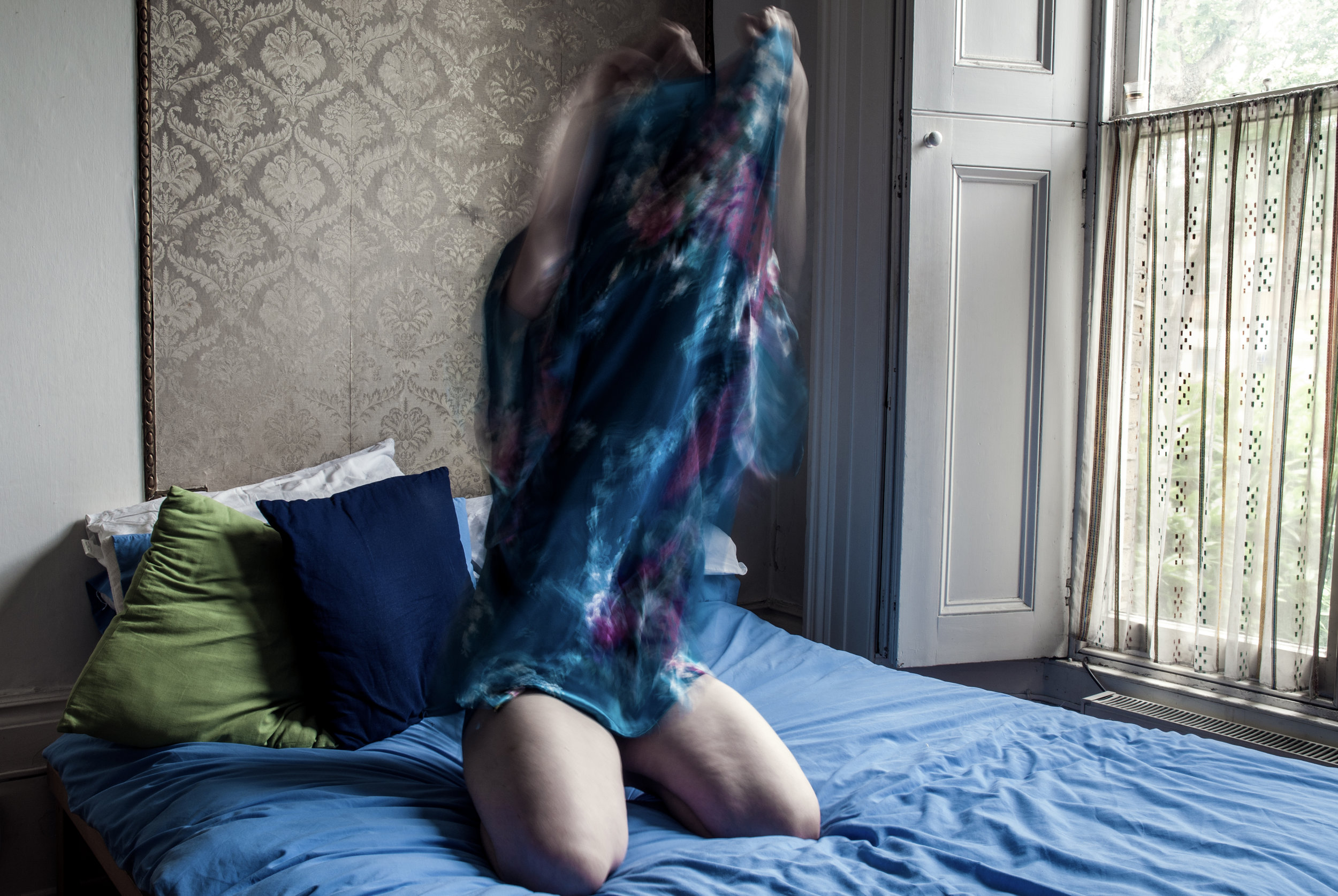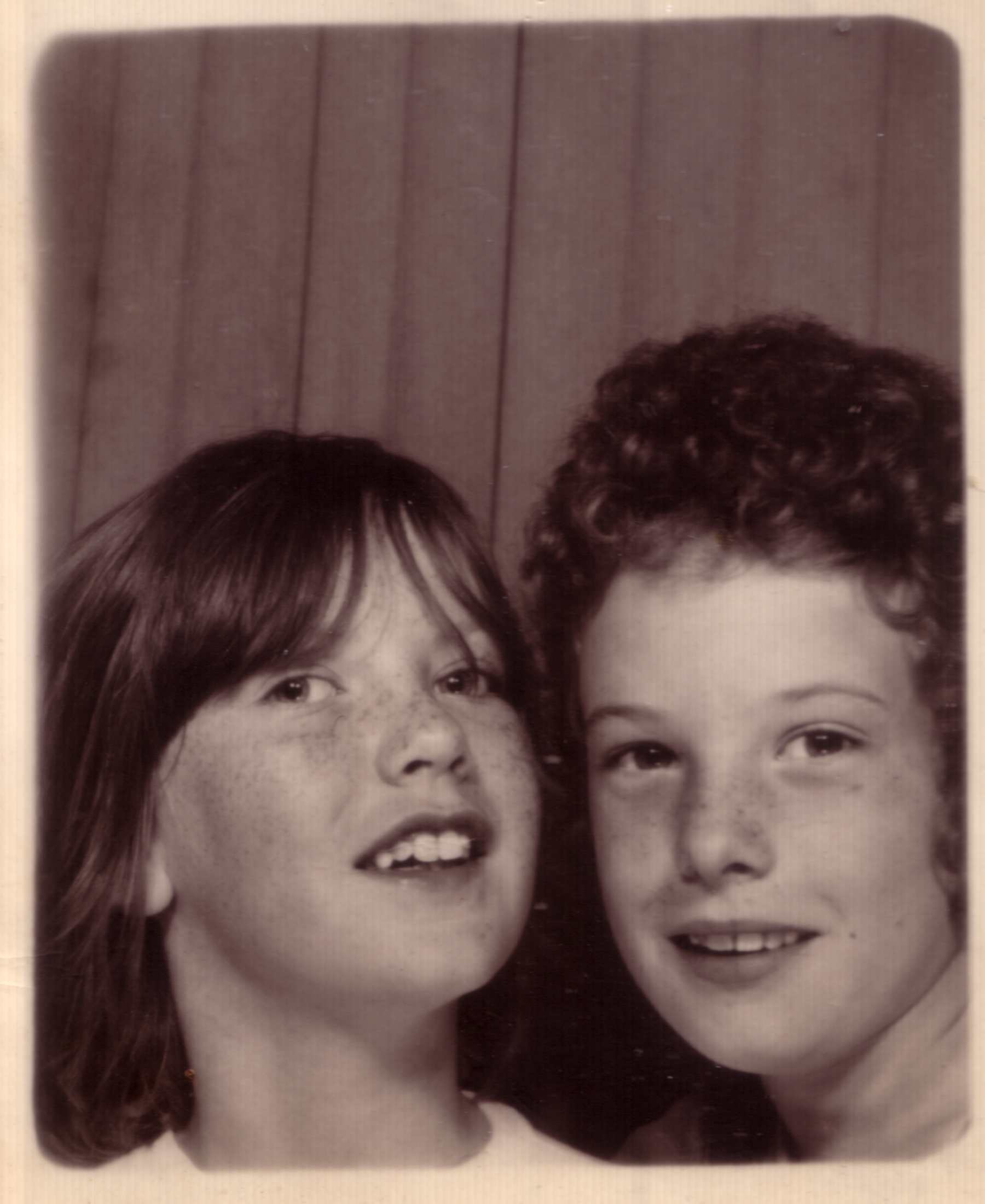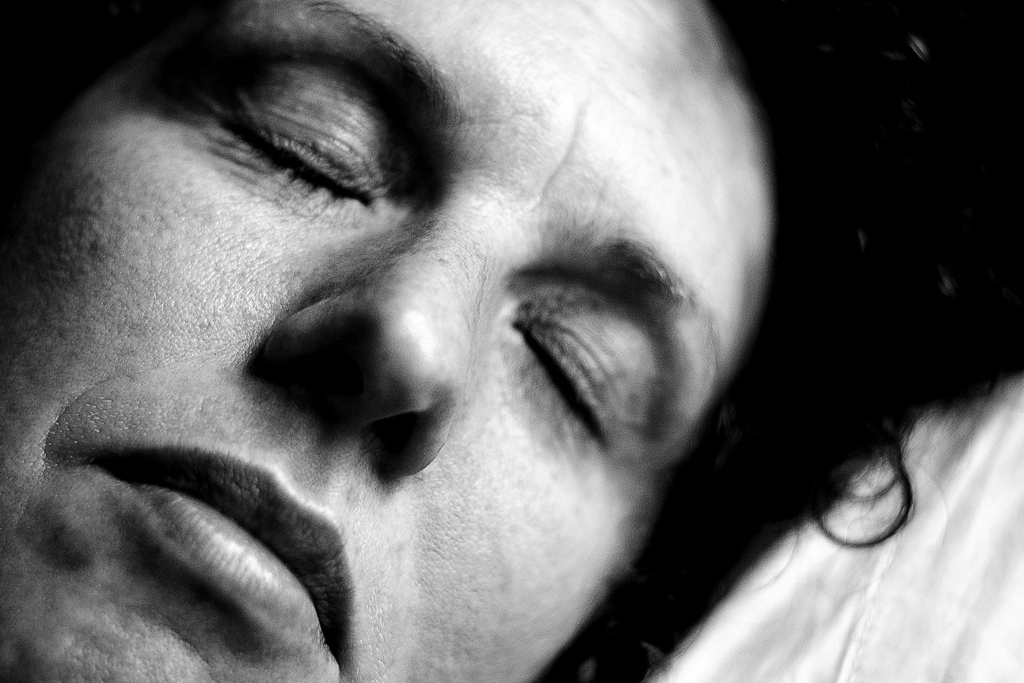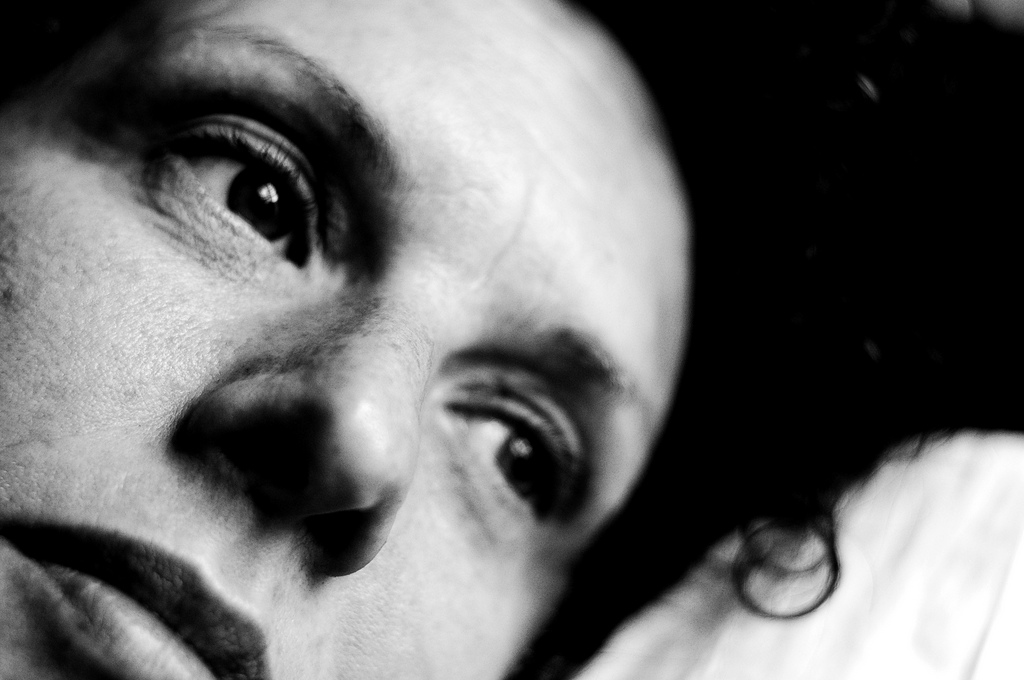 I have been meaning to write a post for months now for the 'Living Differently' series, a project where I explore life with chronic illness. My head is a bit of a tangle and I'm very much in that part of the process where all that glorious chaos just has to be how it is for now. Since becoming ill I've met a number of pretty exceptional people. One of them is my dear friend Jocake. Jocake is funny, wise and has the rare ability of true kindness and understanding. Below is a note she posted on Facebook. I found it so moving and so necessary that I asked if I could repost it here on my blog.
I have been meaning to write a post for months now for the 'Living Differently' series, a project where I explore life with chronic illness. My head is a bit of a tangle and I'm very much in that part of the process where all that glorious chaos just has to be how it is for now. Since becoming ill I've met a number of pretty exceptional people. One of them is my dear friend Jocake. Jocake is funny, wise and has the rare ability of true kindness and understanding. Below is a note she posted on Facebook. I found it so moving and so necessary that I asked if I could repost it here on my blog.
"I was thinking yesterday about strength, and how it is seen in our society, and how we are trained to see it, and ourselves. We are, as we all know, shown images all day of what strength, achievement and beauty looks like: an unachievable for most, if not all, 'perfect life' where financial security, family, house, career and looks are all in place and providing us with happiness. Having just turned 40 myself i have recently experienced a deluge of emotional and mental tyrants in my head, telling me what about me isn't beautiful, isn't strong, hasn't achieved, just because I'm 40 and in the life circumstances i am in. It lead me to think about how illness is portrayed in modern culture, and how the people with illness are seen, and my actual experience in meeting these people and being close to them.
It's clear to me that people with illnesses are seen as weak, or glorified as fighters. Much as I have huge respect for those who are disabled and in the Olympics, advertising still encourages that model of strength where you have to over come something and achieve something great to be seen as strong, strength is not seen in being physically or emotionally vulnerable.
Now amongst my close friends I know at least 8 people or more who have been dealing with a long-term boring annoying debilitating illness, and of course i too have been ill for 17 years. It fluctuates, irritates, bores, exasperates and debilitates us. But what I have not seen, in any of these people, is weakness.
In my experience, being ill for 17 years is fascinating. There is a quality I see in myself, and in others in this position, that is tangible. I think people with illnesses like M.E can be seen as draining, victims, sad,'brought it upon themselves, weak. But when I'm with these people I see a whole different story. They are all funny, good company, incredibly compassionate, bright, have a huge care for the world at large, creative, insightful, bloody good fun, positive, and they have this quality that I can't put my finger on. I think what it is a connection with the true strength in all human beings that they have had to find due to their circumstances.
When you are stripped for years from the very things you are told will provide you with happiness where do you turn? When you can't have children, work to create financial stability, use your strengths gifts and talents and build a career, then where do you go to feel ok? This is what I see in all the people I know who are dealing with long-term health issues, a humility, a deep strength that is bendable and allows for all states, what shines through them is this: the essence of life itself.
This essence of life is what i see shining through all humans. It's in every one of us, life. Life is naturally stable, beautiful, and has already achieved life therefore is stable and happy as it is. This is what we are all made of, but we are not encouraged to look to it and seek its natural validity. Illness pushes you to this, and this is what i see shining through all my friends who are faced with everything you cant avoid.
It is a redefining of strength for me. Strength, beauty, achievement is in the gentle strong shining of life through each human being. You cannot avoid your strength, your beauty, your natural ability, your gifts strengths and talents, your stability. It is you, as you, always."








